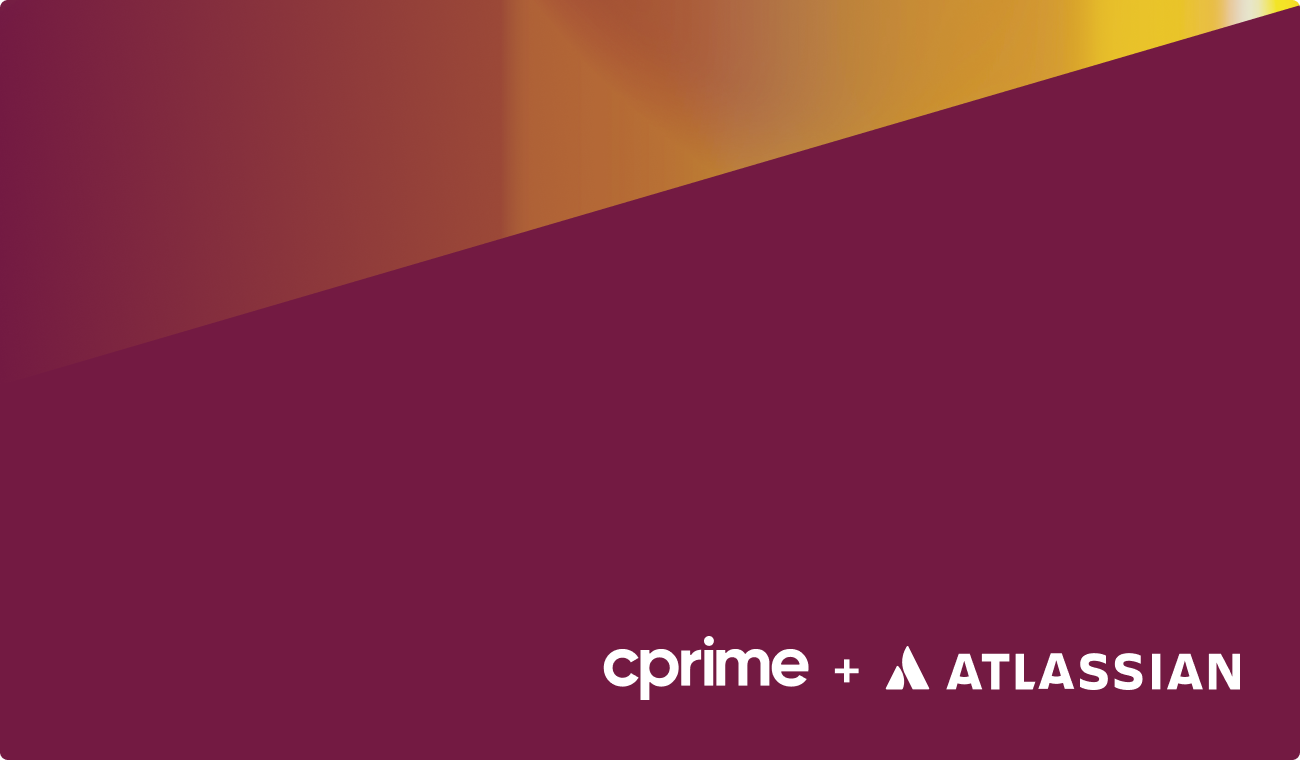Part 1: Scrum Theory
- Empiricism and the three empirical pillars
- Benefits of an Iterative and Incremental approach
- The Scrum Framework
- Scrum Values
- Scrum alignment to the Agile Manifesto
Part 2: The Scrum Team
- The responsibilities of the Scrum Team
- The responsibilities of the Product Owner, Developers, and Scrum Master
- Single Product Owners
- Product Owners own the Product Backlog
- Delivering an Increment
- Benefits of a cross-functional and self-managing Scrum Team
Part 3: Scrum Events and Activities
- Benefits of Timeboxing
- Purpose of a Sprint
- Define and perform Sprint Planning, Daily Scrum, Sprint Review, Sprint Retrospective
- Product Backlog Refinement
- Inspecting and Adapting events
- When to cancel a sprint
- Daily Scrum is not a status meeting
Part 4: Scrum Artifacts and Commitments
- Purpose of the Product Backlog, Sprint Backlog, Increment
- The commitments of Product Goals,Sprint Goals, Definition of Done
- Product Backlog emergence
- Attributes of a Product Backlog
- Sprint and Increment relationship
- Evolution of a Definition of Done
- Multiple Teams working on one Product Backlog
Part 5: Scrum Master Core Competencies
- Facilitation
- Facilitating decision making
- Teaching
- Coaching
- Mentoring
Part 6: Service to Scrum Team, Product Owner and Organization
- How does a Scrum Master serve the Scrum Team
- Explaining Technical Debt
- Understanding development practices to improve quality and reduce technical debt
- Supporting the Product Owner
- Organizational impediments that affect Scrum Teams
- Techniques for resolving impediments
- Why are there no Project managers in Scrum?



